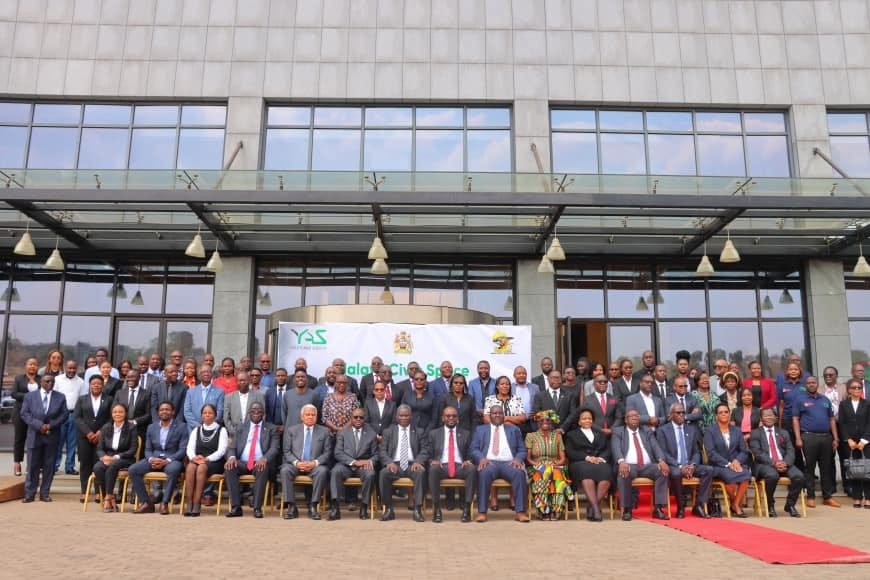Malawi's Civic Space Dialogue: A Step Towards Deeper Democracy?
While this event offers a promising step towards greater democratic engagement, it remains to be seen whether these discussions will translate into concrete action and lasting change.
LILONGWE, Malawi — A new dialogue on civic space in Malawi, launched Friday in Lilongwe, suggests a growing commitment to strengthening democratic foundations in the country, writes Winston Mwale.
The event, which brings together government officials, civil society leaders, and judiciary representatives, signals a desire for open and constructive engagement on the future of civic freedoms.
Minister of Information and Digitalisation Moses Kunkuyu, in his keynote speech, highlighted the importance of fostering dialogue on crucial issues facing Malawi and Africa.
He acknowledged the vital role of civil society in advocating for and facilitating the expansion of civic space, the arena where individuals and groups can freely express their views and contribute to their communities.
The Minister commended the independence of the Malawi judiciary, which he sees as crucial for upholding freedoms of expression, association, and assembly.
He also emphasized the commitment of President Lazarus Chakwera's executive branch to deepening democracy.
However, Kunkuyu also acknowledged the challenges posed by the digital age, including cybersecurity risks, which present a complex landscape for civic engagement.
Chief Justice Rizine Mzikamanda echoed the importance of judicial independence, describing the Malawi Judiciary as a model for Africa in impartially upholding the rule of law and human rights.
Charles Kajoloweka, Director of Youth and Society, emphasized the significance of the dialogue in bridging the gap between civil society and the three branches of government.
The dialogue aims to assess Malawi's progress in promoting civic space, identify challenges, and exchange ideas on how to address them.
While this event offers a promising step towards greater democratic engagement, it remains to be seen whether these discussions will translate into concrete action and lasting change.




